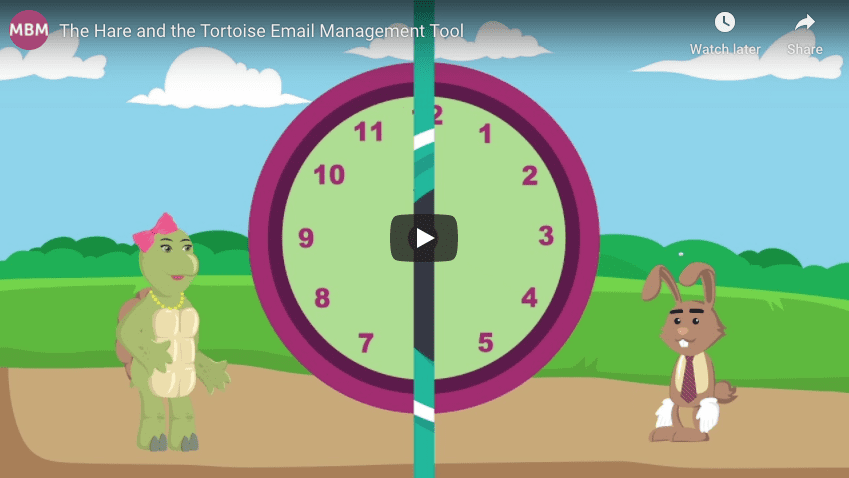8 Effective Time Management Techniques
Let’s face it. Managing time during the COVID-19 pandemic has become a challenge for most people across the world. Working from home means you have to look after your kids while messaging your boss or listening to a conference call. Plus, there’ll always be work to do around the house. You have to manage your time effectively if you want to improve your productivity and performance. Today, we are going to discuss eight practical and effective time management techniques that you can adopt whilst working from home to improve the quantity and quality of work. Let’s get started!
1. Plan Your Day
Even if you won’t be heading to the office, you need to plan your day. As the saying goes, failing to plan is planning to fail. The best time to plan your day is the night before or immediately after waking up. Write down all the tasks or activities that you need to perform during the day.
Next, arrange the tasks in order of priority. You should never work on low-priority tasks until you’ve completed all high-priority tasks. It’s better to complete two or three high-priority tasks than to complete twenty low-priority tasks.
2. Eliminate Distractions
According to paper writing services, distractions are among the top killers of productivity in the workplace. Now that you are working from home, it’s easier to get distracted and procrastinate like never before. The very tools that you are using to work can become distractions.

It’s easier to avoid a temptation than to resist it. Therefore, before you start working, put your phone away, turn off the television, block social media and email notifications on your computer and most importantly, inform your loved ones about your plans early enough to avoid being interrupted and to stay focused at home.
3. Take Short Breaks
While working from home, it’s easy to get so immersed in your work that you forget or avoid taking short breaks. Scientific studies have shown that concentration starts to decline rapidly after ninety minutes of focus.
This means that when you work without taking short breaks, the quality of your work will get seriously affected. Your body and mind need a break to refresh and recover lost energies. Taking time to recharge is an important time management technique. Moreover, it will allow you to use your time more effectively in the long run. During your short break, you can meditate, play a video game, drink a glass of water, or chat with your friends.
Sticky Learning ® is 7 times more effective than 1-day training courses. Plus, you will get a Chain of Evidence proving your Return on Investment. Discover soft skills training that changes behaviours long term.

4. Reward Yourself
Creating a plan for your day is easy. But, following it to the letter is very difficult. If you manage to complete all your tasks for the day, reward yourself. As the essay writer reports, rewarding yourself programs your mind to associate completing tasks with pleasure.
Once your mind is conditioned in this manner, you’ll find it easier to work on tasks instead of putting them off. Always reward yourself when you make progress. You can reward yourself by watching your favourite TV show, eating your favourite snack, chatting with your friends, or taking a short road trip.
5. Avoid Multitasking
You probably think that multitasking saves you time. But the truth is, it hurts your productivity and performance. In short, it is an ineffective time management technique. The human brain can only focus on one thing at a time. When you multitask, you are not doing two or more tasks simultaneously. Instead, you are switching tasks.
When you switch tasks, your brain takes around fifteen minutes to refocus. Plus, you’ll end up doing all the tasks in an average way. Instead of multitasking, focus on one thing to its completion. Once your mind is focused on one thing, you’ll complete your tasks on time. Planning your day and following the plan helps you avoid multi-tasking and focus on what matters.
Learn how to focus your time when managing emails in the video below:

6. Avoid Personal Tasks
As we said earlier, there’ll always be work to do around the house. And this is one of the biggest disadvantages of working from home.
It might seem quick to clean your house, do the dishes, take your dog out and pay the bills to name a few. However, you wouldn’t do these things if you were working in the office. If you have personal tasks that need to get done, do them once you’ve completed all the tasks of the day.
7. Use Productivity Apps
Thanks to the rapid advancement of technology, there is a wide selection of software designed to help you increase your productivity and performance. According to assignment writing service, these apps will help you stay organised, track your projects, and meet deadlines. Some of the best productivity apps include Evernote and Focus Booster.
If you tend to get so immersed in your work that you forget taking breaks, Stretchly will come in handy. Most of these productivity apps are free of charge.
8. Learn to Say No
This is one of the hardest things for the majority of people who are working from home. And one of the hardest time management techniques in this list.
Saying yes to your boss, your clients, or colleagues every time they need you might make you valuable. But, you’ll end up stretching yourself too thin. And when this happens, you’ll start getting stressed, frustrated, and ultimately become depressed. Saying yes to everything can negatively affect your health.

To avoid this, learn to say no. You can’t be everything to everyone no matter how hard you try. Focus on the most important tasks and learn to say no to everything else.
Dress Like You’re Going to the Office
You need to create a routine and stick to it. Getting up the same time every day and preparing yourself like you are going to the office will help you stay focused on your work projects all day long. Wearing your pyjamas while working might seem cool. However, your mind won’t be focused on your work. Chances are, you’ll end up wasting your time and energy.
Conclusion
Time management is a skill. And like all other skills, it takes time to develop and improve. Don’t be too hard on yourself. Take baby steps. Promise yourself that you’ll complete all high-priority tasks of the day. Eliminate distractions and organise your workspace in the evening.
Don’t be afraid to try out new things including saying no to shiny and tempting activities. When you start using these eight practical time management techniques, you’ll notice a huge difference. And so will your boss.
Action: For even more useful content on time management, check out our ultimate guide on Time Management skills.
Search our website for more top tips!
Attention: Subscribe through LinkedIn to know when we publish a new article.




